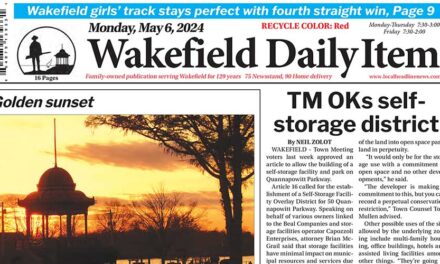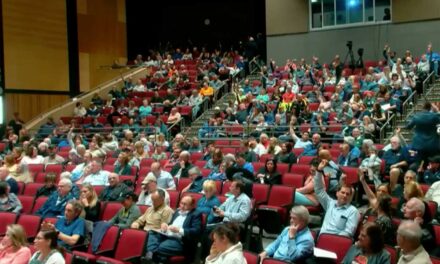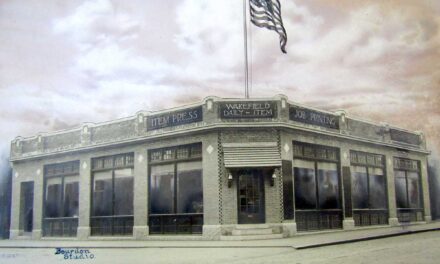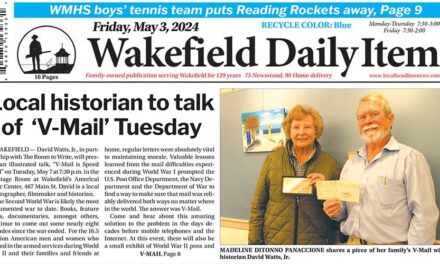Published January 29, 2020
BOSTON — Lt. Governor Karyn Polito, Transportation Secretary and CEO Stephanie Pollack, and Highway Administrator Jonathan Gulliver have announced the latest round of Complete Streets Funding Program awards, totaling $8.1 million in funding to 24 communities. These awards will be used to fund local, multimodal infrastructure projects that improve accessibility for bicyclists, pedestrians, public transit users, and people using other forms of transportation.
Wakefield was among the communities receiving funding for the Albion Street Pedestrian Improvements in the amount of $378,571. This project includes the reconstruction of sidewalks, curb extensions and crosswalks along Albion Street. Albion Street provides neighborhoods west of North Avenue with access to the downtown Main Street area.
“The Complete Streets Program is one of the many ways our administration partners with cities and towns to improve their local transportation infrastructure,” said Governor Charlie Baker. “This latest round of funding will help ensure that local roadways provide accommodations for all modes of travel, and we were pleased to include additional funding for the Complete Streets Program in our administration’s transportation bond bill to continue supporting this program.”
“We are proud to continue supporting our municipal partners so they can achieve their transportation and economic development goals,” said Lieutenant Governor Karyn Polito.“These funding awards will enable communities across the Commonwealth to carry out projects that install new sidewalks, bicycle lanes, crosswalks and intersections for people to safely and easily reach the places they need to go.”
A “Complete Street” is one that provides safe and accessible options for all travel modes and for all people, taking into account the ages and abilities of individuals. The Baker-Polito Administration has now awarded a total of 148 construction grants at $46 million since creating the funding program for Complete Streets in February 2016.
The Baker-Polito Administration included $20 million for the Complete Streets Program as part of the Administration’s $18 billion transportation bond bill. In July, the Administration filed “An Act Authorizing and Accelerating Transportation Investment,” which will provide both resources and tools that will enable MassDOT and the MBTA to repair and modernize the state’s transportation system faster, improving its reliability, sustainability and resiliency.
“Thanks to the leadership and support of Governor Baker and Lieutenant Governor Polito, MassDOT is continuing to partner with municipalities to increase connectivity and better enable residents and commuters to reach their jobs, homes, friends, families, and opportunities across the Commonwealth,” said Transportation Secretary and CEO Stephanie Pollack. “The Complete Streets Program is a reflection of our commitment to ensuring that our roadways work for everyone and benefit people of all ages, abilities, and modes of travel.”
“We appreciate the hard work of all those who are helping manage and implement this important funding program,” said Highway Administrator Jonathan Gulliver. “We are continuing to receive positive feedback and support from the local communities that are benefiting from these awards and we look forward to seeing these projects carried out.”
These Complete Streets funding awards are in addition to $1.1 billion authorized by the Baker-Polito Administration in Chapter 90 local transportation funding for cities and towns since 2015. In addition, $43 million has also been awarded through the Administration’s Municipal Small Bridge Program, which was announced in 2016 and allows municipalities to repair or replace their small bridges which are not eligible for federal funding.
The Complete Streets Funding Program was launched on February 1, 2016. To date, 208 municipalities have approved policies and 173 (nearly 50%) have approved Prioritization Plans. Examples of projects that can be addressed through the program include improved street lighting, radar speed signage, intersection signalization, new multimodal paths and new signals at crosswalks.




